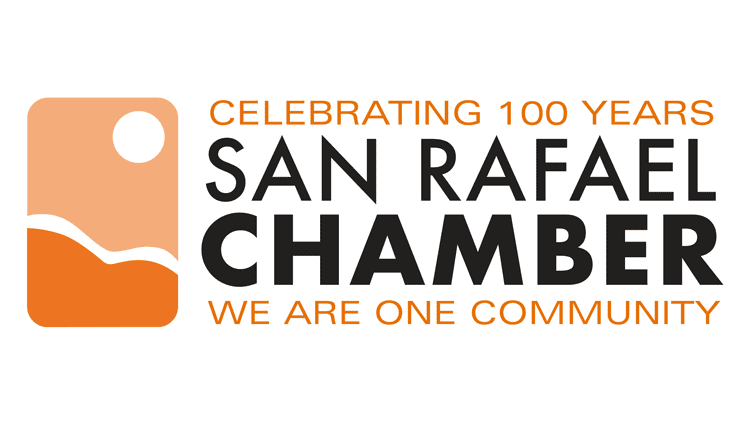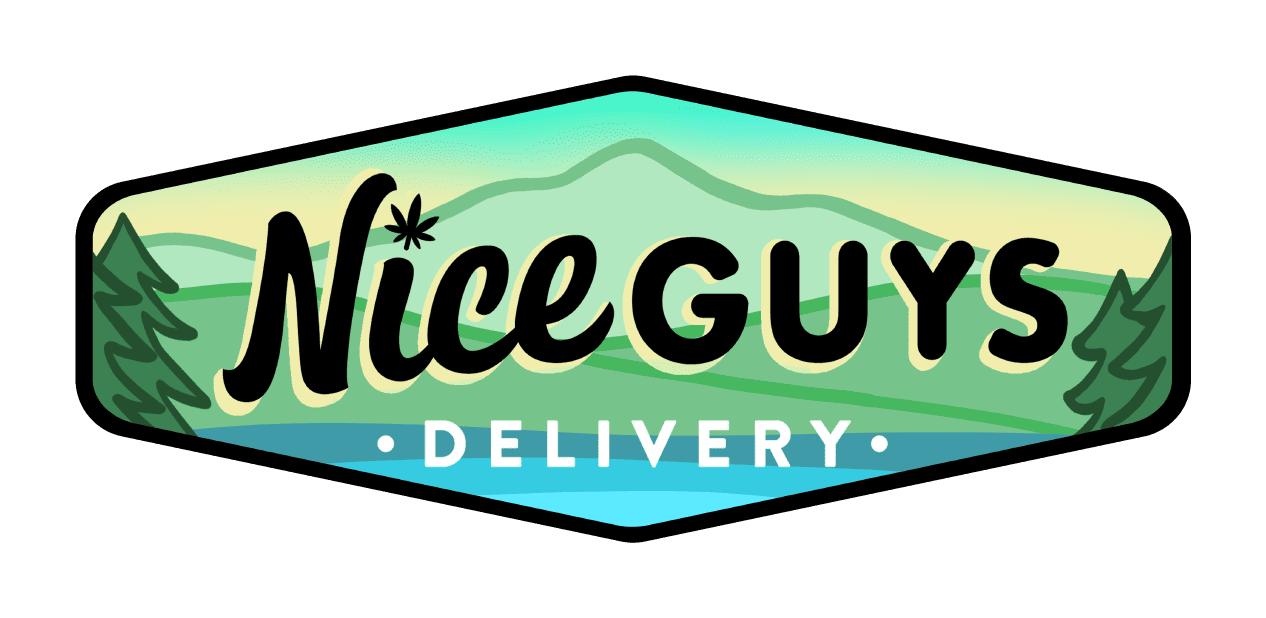It’s an exciting time to be someone who uses cannabis, whether you fancy yourself a connoisseur, or whether you’re a casual recreational user, or whether you mainly use cannabis for explicitly medicinal purposes. The political climate right now is more favorable towards cannabis than at any point in decades, nearly a dozen states have legalized it, and with more research and innovation, there are a simply staggering number of different products hitting the market.
Basically, as an increasing number of states have embraced legalized recreational cannabis in recent years, that’s created myriad new opportunities for collaboration and intersection with the food and beverage industries. The cannabis wave has also, however, raised some questions and uncertainty over what impact it might have on the alcohol business, particularly the wine industry, which needless to say is a major economic force in the state of California.
The Current State of Legalization
Today, 33 States and the District of Columbia have legalized medical marijuana. Another 11 states have legalized recreational cannabis, and 15 states along with the U.S Virgin Islands have moved to decriminalization.
It’s also clear that cannabis grows on both sides of the political aisle, with a strong majority of Democrats supporting legalization, and nearly half of Republicans supporting it too. In short, after decades of political intractability, this is an issue that seems primed for rapid, widespread progress in the next several years.
With cannabis on the rise as a legal consumer good, it’s piqued interest from some big players: notably, Constellation Brands, the Arizona Brand, Marlboro/Altria, Lagunitas Brewing Company/Heineken International, and The Family Coppola, who have all invested in the industry to varying capacities.
3rd Annual Wine and Weed Symposium
With so many parallel industries so clearly getting ready to join in on the cannabis action, it’s no surprise that many people are wondering what’s next. After all, cannabis and wine do seem like a natural pairing; whether you’re searching for the perfect finish on a Pinot Noir, or looking for that perfect terpene profile, there’s a lot that wine-lovers and cannabis aficionados can share in common.
It was in service of finding those common causes that the 3rd Annual Wine & Weed Symposium took place in Santa Rosa, CA on August 8th. The event brought together industry professionals from both sides to explore the impact cannabis is having on wine, and to explore what might be ahead.
The event kicked-off with a keynote from Corey Beck, the CEO of Francis Ford Coppola Winery, who shared “experiences from his twenty-plus years in the wine industry and his unique insight into the collaborations that are possible between wine and cannabis.” Specifically, as the Wine Industry Network noted in its coverage of the event, Beck touted the winery’s recently launched “The Grower’s Series, a cannabis lifestyle brand with a limited edition collection featuring three unique 100% organic cannabis flower strains.”
Throughout the day over 500 attendees enjoyed a wide array of discussion topics covering the impact on wine sales in legal states, beverage industry’s investment in cannabis, cannabis consumer purchasing trends, marketing lessons learned from cannabis, and a talk about women finding their way into the cannabis space, a crucial element of forming a representative industry. In fact, our own companies — Nice Guys Delivery and Nice Guys Distribution — were co-founded by Monica Gray, a leader at the forefront of the local cannabis industry.
Drilling Into Consumer Buying Trends
The symposium’s discussion on consumer trends, given by BDS Analytics Vice President of Consumer Insights Jessica Lukas, drew a lot of attention. Her talk was titled “The Cannabis Impact on Wine,” and she used her platform to reveal some interesting data tracking how marijuana is affecting the beverage industry. And while cannabis is a booming, nascent industry, she gave some useful perspective on just how big a market gap still exists between the two. Namely, as the Wine Industry Network detailed in its coverage of the event, while the US cannabis market is huge, it still pales in comparison to the U.S. alcohol market, which is almost 14 times larger.
In the states with the longest history of legal adult-use cannabis sales, Colorado, Oregon, and Washington, alcohol sales don’t currently seem to be affected by the legalization of recreational cannabis. “In most cases, it would appear that both alcohol and cannabis sales are growing together.” Whether this coexistence would be impacted by nationwide legalization, however, remains to be seen.
Cannabis Beverages Are On Everyone’s Mind
When thinking about the different ways cannabis could impact wine, it seems that the most direct form of competition comes from the cannabis beverage category which is part of the larger edibles category. Edibles currently comprise 15 percent of the overall legal cannabis market, and beverages are 6 percent of that. One impediment to beverage sales has been flavor, which can be a challenge given the distinct and at-times overpowering scent and taste of cannabis; although plenty of people grow to love it, it’s not necessarily an instant crowd-pleaser for newcomers.
According to Lukas, these taste concerns are the “number one consumer driver for this category.” It will be interesting to see what new products are rolled out in the years to come, and whether consistently palatable to exceptional flavors begin to thrive in the market.
Lukas also said there was a “large percentage of people, who presumably used to think of a particular social or recreational occasion as purely a wine occasion, but now consider that it could be either a wine or cannabis occasion.” It’s key to understand that cannabis is currently burdened by additional regulations hindering people from consuming it in public places like bars and restaurants, even beyond the kinds of open container laws that prohibit alcohol consumption in public spaces.
AS CANNABIS GROWS AND INTEGRATES INTO SOCIETY IT WILL CONTINUE TO SHED ITS STIGMA, WITH MORE STATES TURNING ONLINE, IT WILL NO DOUBT HAVE AN IMPACT ON ALCOHOL.
Instead of worrying about the market share cannabis could take from the alcohol industry, it seems more pragmatic to seek ways to align with the marijuana industry. After all, the potential for competition is obvious; as more and more people learn about the potential benefits of cannabis on health and society, momentum behind legalization will build even further. The question is how well these two industries might coexist with each other, or even in some ways complement each other.
There are some interesting parallels within the cannabis and wine space from a regulatory perspective, too . Both industries know what it’s like to endure prohibition, they’ve each been heavily regulated, and just like wine appellations, cannabis is working with the CDFA (California Department of Food and Agriculture) to establish its own set of appellations. Barring any unforeseen circumstances, cannabis cultivators can look forward to a system in place no later than January 1st, 2021.
How do you feel about the intersection of wine and cannabis? If you have any thoughts or comments, please leave them below! We love to hear from our readers!









